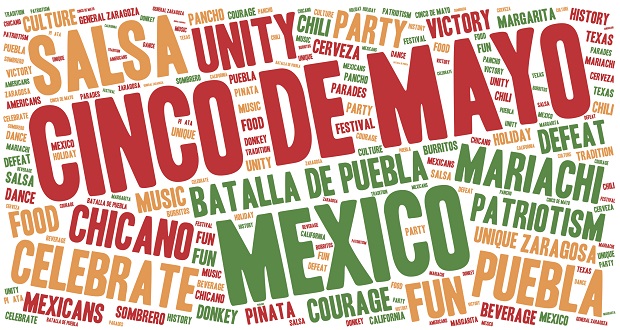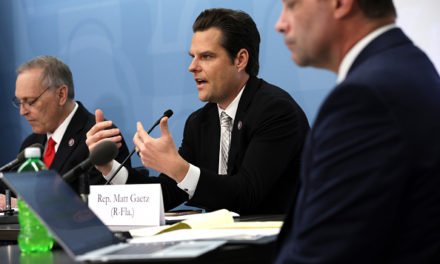
Over the last several decades, the focus of diversity management has evolved from that of a largely compliance driven, Equal Employment Opportunity (EEO), and Affirmative Action based vantage point to a dynamic, more critical review of the business impact of diversity and inclusion in the workplace. As the demographics of our population have shifted, so too have our talent marketplace and the resulting demographics of our workforce. Diversity is no longer a “nice-to-have”, but an imperative. The message resounds: Diversity is here to stay, and we’d better be ready to manage it well in order to remain competitive in our industries, as well as ensure sustainable profit and growth for years to come.
While the aforementioned trends are widely discussed amongst diversity scholars and practitioners alike, they have taken some time to trickle down to the mainstream. In some cases, the terms “diversity”, “inclusion”, and even “multiculturalism” have become synonymous with “affirmative action”, “quota”, “reverse discrimination”, and “political correctness.” As I grew up largely during the 1990s / 2000s, many years after the concept of affirmative action was introduced in the United States, I was curious as to whether generational differences might impact how we view the topics of diversity and inclusion.
Recent results from a Pew Research Center study indicate that Millennials (also known as Generation Y, or Gen Y), individuals between the ages of 18 and 33, have recently become the most racially diverse population cohort in the United States. Nearly half of the Gen Y population are people of color, and with this diversity comes a multiplicity of backgrounds, perspectives, and values. Today’s generation has grown up with the influence of multiculturalism, an influx of technology that has made them digital natives, and an increasingly diverse world. Each of these factors have contributed to a generation that not only expects diversity, but embraces it.
In their 2015 report, The Radical Transformation of Diversity and Inclusion: The Millennial Influence, professional services firm Deloitte concluded that there were pronounced differences in the way that Millennials view diversity. Notably, Millennials were more likely to focus on unique experiences rather than simply representation or numbers of individuals represented in their organizations, and also were more likely to focus on teamwork, collaboration, and cognitive diversity (likely the positive benefits of inclusion). Conversely, their Generation X and Baby Boomer counterparts tended to focus more on traditional “Diversity 1.0” themes, including equal opportunities and fairness.
So, what does this mean?
Certainly, equal opportunity, access, and fairness are still needed and recognized as critical in our workplaces and communities, and their importance should not be dismissed. Baby Boomers, Generation Xers, and Traditionalists have much to offer in solving the problems that today’s organizations face, nad we must continue to be adamant that we are addressing conscious and unconscious biases and barriers to inclusion. One might also argue that because Millennials have grown up during a time in which diversity has been seen as the norm, their interest naturally gravitates to how this diversity can enrich existing institutions.
Since equal opportunity, affirmative action, and diversity management have been introduced to this country, we have worked to enact laws, regulations, policies, and practices that reinforce the importance of social equity and equal access. The challenges that Millennials will face as they advance in the workforce is leveraging the diversity that these policies have enabled to encourage and facilitate true inclusion – truly valuing and respecting differences. If we are to be true diversity and inclusion advocates, we must break past the stigma of viewing diversity as a “problem” to be solved, as a “quota”, or “check the box”. As the current largest population cohort, Millennials can offer unique insight into leveraging diversity, creating inclusive communities, and working more globally and collaboratively – we need only to listen.
In the New Year, I challenge you (Millennial or not) to seriously ask yourself the question, what does inclusion mean to me? Then, I challenge you to find a buddy, preferably of a different generation, in your office, neighborhood, or local coffee shop, to discuss this with. Do their opinions differ? How? Are there any overlaps? Do you see diversity differently? Why do you think that might be? I would be very interested to hear what you learn.


















